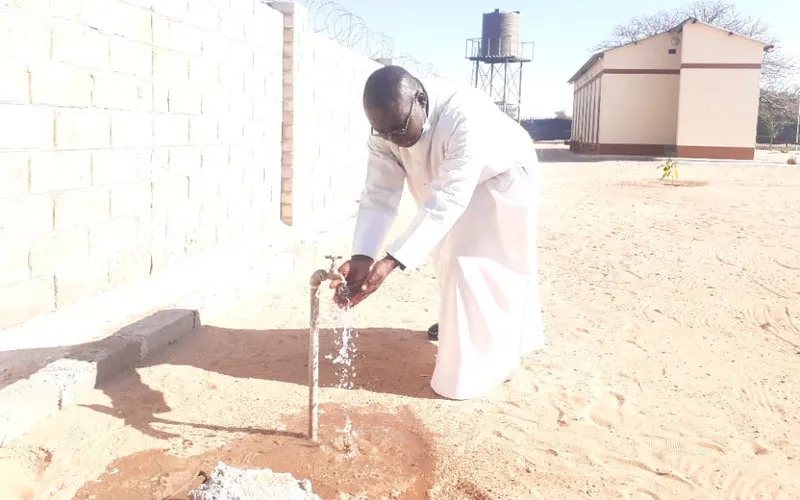Windhoek, 19 November, 2021 / 8:35 pm (ACI Africa).
On the occasion of the World Toilet Day 2021 marked Friday, November 19, the leadership of Salesian Missions, the U.S. development arm of the Religious Institute of the Salesians of Don Bosco (SDB), has reviewed its sanitation initiatives around the globe, including three African countries.
In a Friday, November 19 report, the leadership of the New York-based agency shares sanitation projects undertaken in Namibia, Nigeria and Tanzania, through its “Clean Water Initiative.”
“Having access to proper sanitation brings a sense of dignity to the children and families we serve in our programs,” the Director of Salesian Missions, Fr. Gus Baek has been quoted as saying in the report.
Fr. Baek adds, “Improving water and sanitation facilities also ensures that teachers and students are working and learning in an environment that promotes proper hygiene and has safe drinking water, reducing the number of waterborne illnesses that can affect those in our schools and keep them away from important study time.”
In the Southern African nation of Namibia, “Youth attending the St. John Bosco Parish, which is part of the Don Bosco Youth Center in Rundu, Namibia, have access to clean, safe water through the installation of a new water tank thanks to donor funding from Salesian Missions.”








